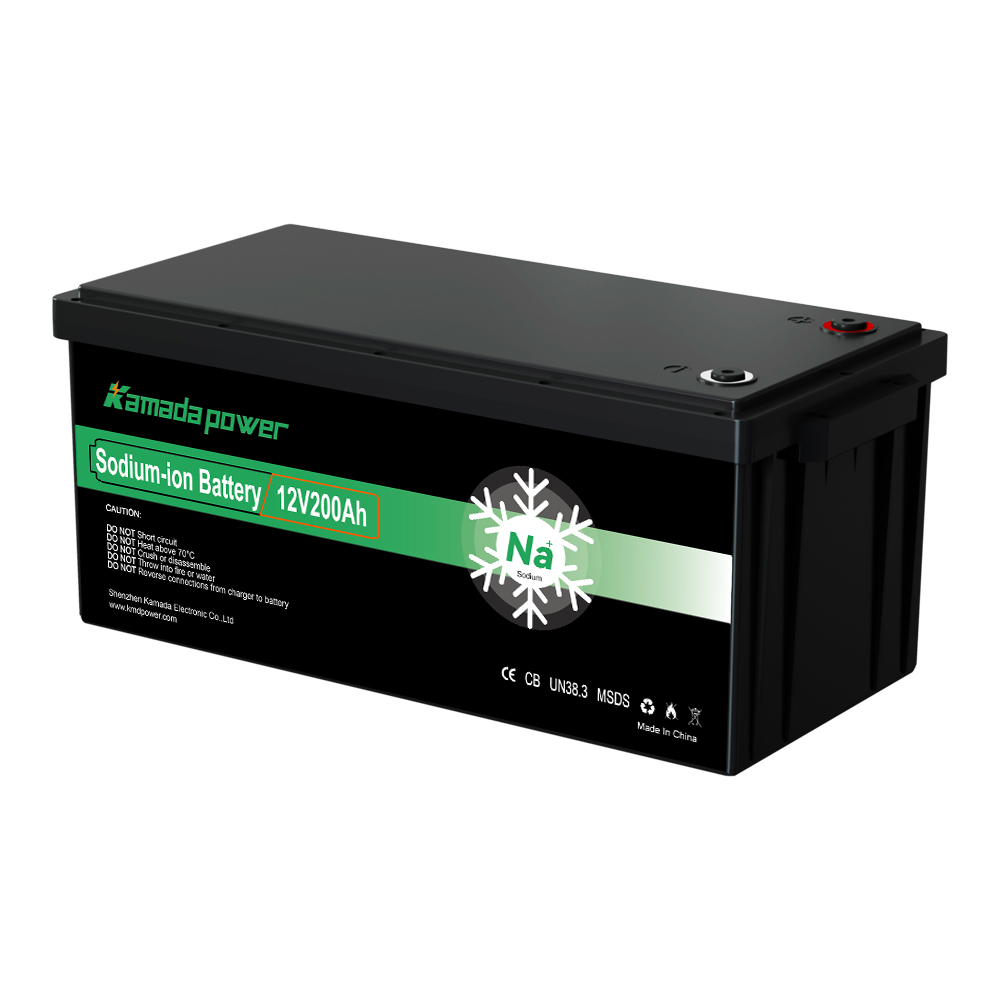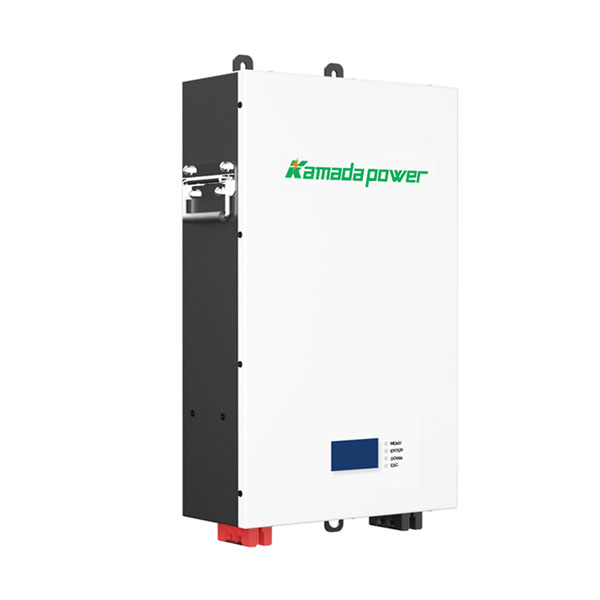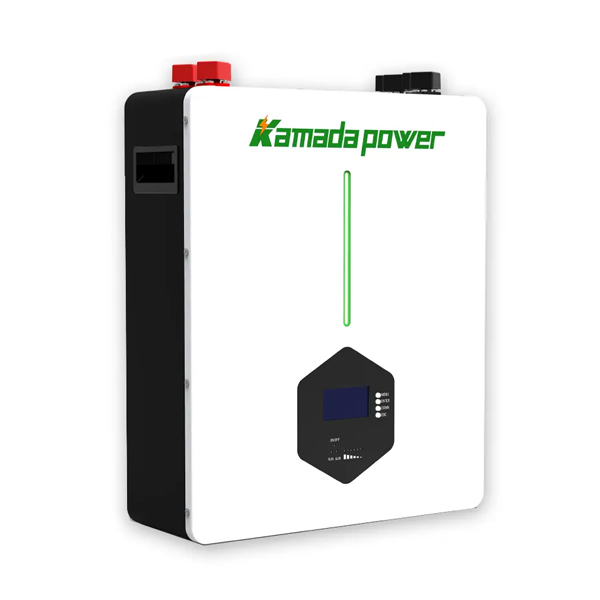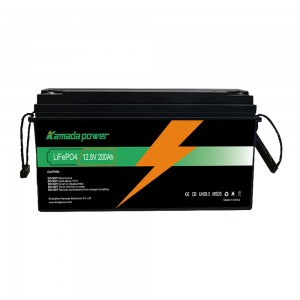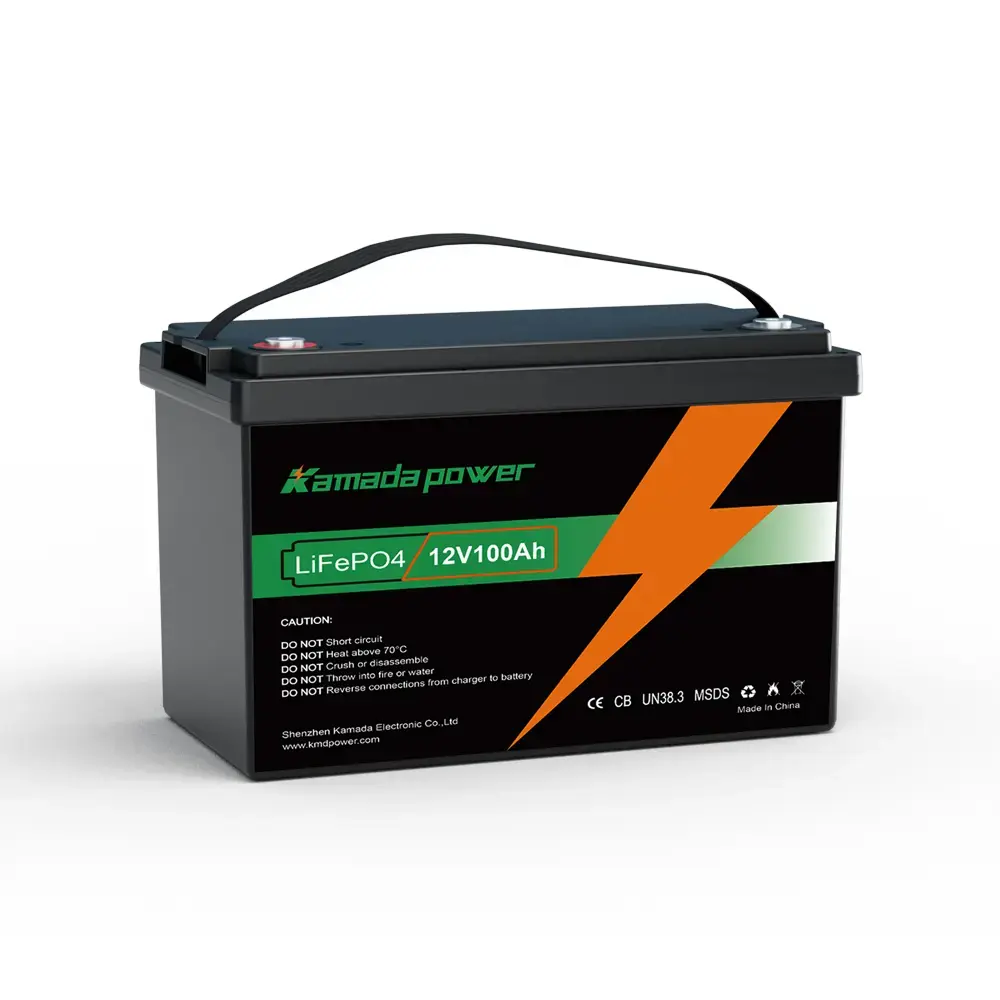Introduction
Choosing the right RV battery is essential for ensuring a smooth and enjoyable road trip. The correct battery size will ensure your RV lighting, refrigerator, and other appliances function properly, giving you peace of mind on the road. This guide will help you select the ideal battery size for your RV by comparing different sizes and types, making it easier to match your needs with the right power solution.
How to Choose the Right RV Battery Size
The size of the RV battery (recreational vehicle battery) you need depends on your RV type and how you plan to use it. Below is a comparison chart of common RV battery sizes based on voltage and capacity, helping you decide which one fits your RV power needs.
| Battery Voltage | Capacity (Ah) | Energy Storage (Wh) | Best For |
|---|---|---|---|
| 12V | 100Ah | 1200Wh | Small RVs, weekend trips |
| 24V | 200Ah | 4800Wh | Medium-sized RVs, frequent use |
| 48V | 200Ah | 9600Wh | Large RVs, full-time use |
For smaller RVs, a 12V 100Ah Lithium battery is often sufficient for short trips, while larger RVs or those with more appliances might require 24V or 48V battery for extended off-grid use.
U.S. RV Type Matching RV Battery Chart
| RV Type | Recommended Battery Voltage | Capacity (Ah) | Energy Storage (Wh) | Usage Scenario |
|---|---|---|---|---|
| Class B (Campervan) | 12V | 100Ah | 1200Wh | Weekend trips, basic appliances |
| Class C Motorhome | 12V or 24V | 150Ah – 200Ah | 1800Wh – 4800Wh | Moderate appliance use, short trips |
| Class A Motorhome | 24V or 48V | 200Ah – 400Ah | 4800Wh – 9600Wh | Full-time RVing, extensive off-grid |
| Travel Trailer (Small) | 12V | 100Ah – 150Ah | 1200Wh – 1800Wh | Weekend camping, minimal power needs |
| Travel Trailer (Large) | 24V | 200Ah Lithium Battery | 4800Wh | Extended trips, more appliances |
| Fifth-Wheel Trailer | 24V or 48V | 200Ah – 400Ah | 4800Wh – 9600Wh | Long trips, off-grid, full-time use |
| Toy Hauler | 24V or 48V | 200Ah – 400Ah | 4800Wh – 9600Wh | Powering tools, high-demand systems |
| Pop-Up Camper | 12V | 100Ah | 1200Wh | Short trips, basic lighting and fans |
This chart aligns RV types with appropriate rv battery sizes based on energy demands, ensuring that users select battery suitable for their specific RV usage and appliances.
Best RV Battery Types: AGM, Lithium, and Lead-Acid Compared
When choosing the right RV battery type, consider your budget, weight limitations, and how often you travel. Here’s a comparison of the most common RV battery types:
| Battery Type | Advantages | Disadvantages | Best Use |
|---|---|---|---|
| AGM | Affordable, maintenance-free | Heavier, shorter lifespan | Short trips, budget-friendly |
| Lithium (LiFePO4) | Lightweight, long lifespan, deep cycles | High initial cost | Frequent travel, off-grid living |
| Lead-Acid | Lower upfront cost | Heavy, maintenance required | Occasional use, backup battery |
Lithium vs AGM: Which is Better?
- Cost Considerations:
- AGM battery are cheaper upfront but have a shorter lifespan.
- Lithium battery are expensive initially but last longer, offering better value over time.
- Weight and Efficiency:
- Lithium battery are lightweight and have faster charging times compared to AGM or Lead-Acid battery. This makes them perfect for RVs where weight is a concern.
- Lifespan:
- Lithium battery can last up to 10 years, while AGM battery typically last 3-5 years. If you travel frequently or rely on your battery off-grid, lithium is the best choice.
RV Battery Size Chart: How Much Capacity Do You Need?
The following chart helps you calculate your energy needs based on common RV appliances. Use this to determine the battery size required to comfortably power your RV:
| Appliance | Average Power Consumption (Watts) | Daily Usage (Hours) | Daily Energy Use (Wh) |
|---|---|---|---|
| Refrigerator | 150W | 8 hours | 1200Wh |
| Lighting (LED) | 10W per light | 5 hours | 50Wh |
| Phone Charger | 5W | 4 hours | 20Wh |
| Microwave | 1000W | 0.5 hours | 500Wh |
| TV | 50W | 3 hours | 150Wh |
Example Calculation:
If your daily energy use is around 2000Wh, a 12V 200Ah lithium battery (2400Wh) should be sufficient to power your appliances without running out of energy during the day.
Frequently Asked Questions (FAQs)
Q: How do I choose the right size RV battery?
A: Consider the battery’s voltage (12V, 24V, or 48V), your RV daily power consumption, and the battery’s capacity (Ah). For small RVs, a 12V 100Ah battery is often enough. Larger RVs may need a 24V or 48V system.
Q: How long do RV battery last?
A: AGM battery typically last 3-5 years, while lithium battery can last up to 10 years or more with proper maintenance.
Q: Should I choose lithium or AGM for my RV?
A: Lithium is ideal for frequent travelers or those needing long-lasting, lightweight battery. AGM is better for occasional use or those on a budget.
Q: Can I mix different battery types in my RV?
A: No, mixing battery types (such as lithium and AGM) is not recommended, as they have different charging and discharging requirements.
Conclusion
The right RV battery size depends on your energy needs, the size of your RV, and your travel habits. For small RVs and short trips, a 12V 100Ah lithium battery is often sufficient. If you travel frequently or live off-grid, a larger battery or a lithium option may be the best investment. Use the provided charts and information to estimate your power needs and make an informed decision.
If you’re still unsure, consult with an RV energy expert or battery specialist to find the best option for your specific setup.


